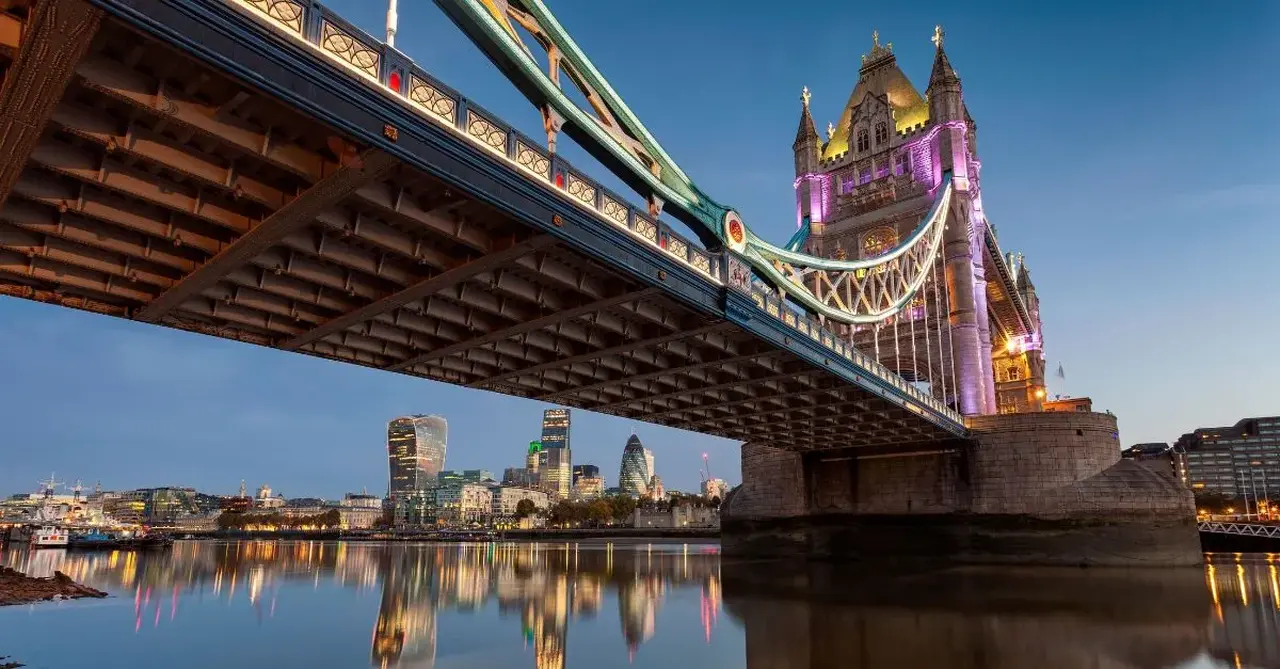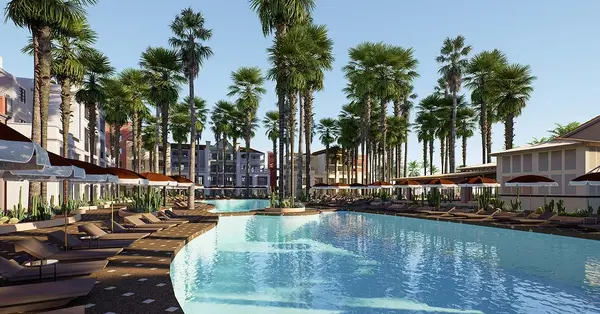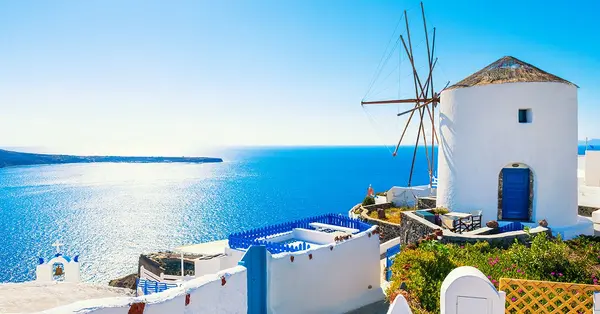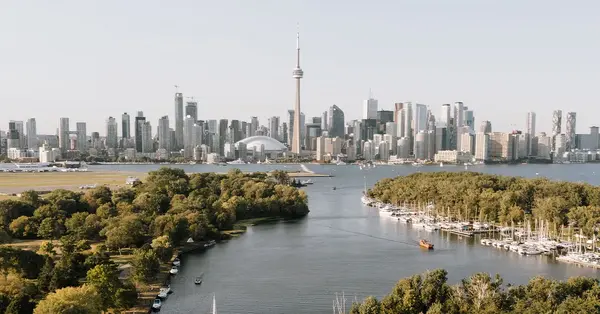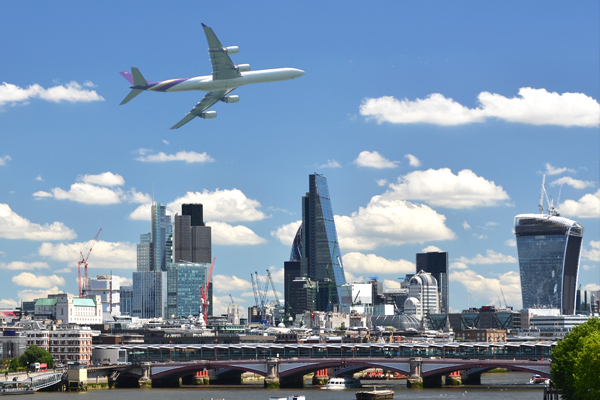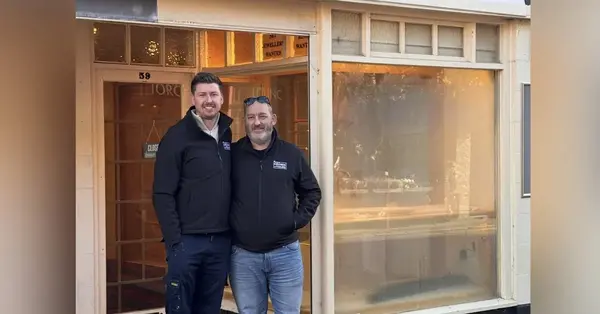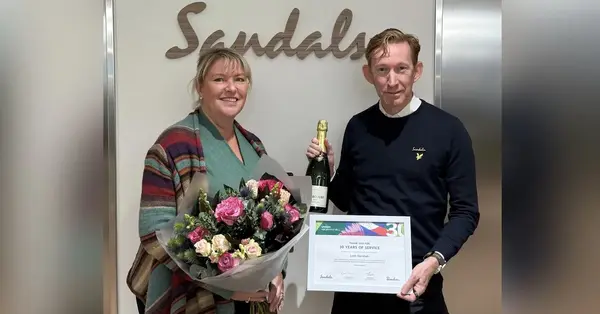You are viewing 1 of your 2 free articles
London and Edinburgh highlighted as hotel investment hotspots
London has been ranked as the most attractive city for hotel investment in Europe for a third consecutive year.
Edinburgh remains the most attractive regional UK city for investment for a fifth consecutive year, according to a new European hotel industry and investment survey by Deloitte.
The Scottish capital was ranked most attractive by more than half (54%) of respondents - 100 senior executives and investors from the hotel industry - followed by Cambridge (41%), up two places from last year.
Oxford and Manchester took third and fourth place respectively, both falling a place in the ranking.
Across Europe, Madrid remains the second most attractive investment destination after London, while Athens moved up seven places into third.
Meanwhile, Rome and Milan fell four and three places respectively, while Warsaw and Munich moved up three and four places each.
Three quarters (74%) of respondents anticipate the level of competition for hotel acquisitions to increase in 2026.
More than four in five (84%) hospitality leaders say they are optimistic about the long-term future of the UK and European hotel market. A similar proportion (79%) agree that investment into the sector will materially grow over the next five years.
However, less than half (47%) are confident in the profitability of the market, believing that UK and European hotels will become more profitable over the next five years compared to today.
Managing profitability has risen on the radar of leaders (69%), now the third biggest risk believed to be threatening growth this year, behind labour and workforce challenges (83%) and geopolitical tension (78%).
At the same time, managing or increasing profitability became the top priority among respondents this year (84%), moving three places in the ranking of key business priorities, followed by managing cashflow (68%) and managing ongoing inflationary pressure (64%).
With executives focusing on profitability, they name pressures on profit margins and improving return on investment (42%) as the primary driver behind their organisation’s diversification strategy. This is followed by increased consumer demand for unique experiences and personalisation (35%).
One in four said their organisations have developed new hotel concepts (27%) or have added new brands across different price points (24%) as part of their diversification strategy.
Hotels remain the most attractive hospitality asset class for investment in 2026, with ‘luxury’ (39%) identified as the most desirable hotel segment for investment. ‘Upper upscale’ (16%) and ‘economy’ (16%) are seen as the second most attractive segments.
However, ‘upscale’, ‘upper midscale’ and ‘midscale’ all lost some appeal this year, suggesting investors are more likely to consider assets at the very top and bottom ends of the market next year.
Deloitte UK head of hospitality Leila Jiwnani said: “London has secured its position as the most desirable hotel investment destination for a third year running, carving out its reputation as a dynamic capital city for business and leisure travel.
“Edinburgh also continues to demonstrate its popularity as a tourism hotspot, while destinations across Europe see varying levels of interest.
"Investors will be looking for locations that attract a variety of visitors, particularly amidst changing consumer preferences, including a focus on either value or luxury.”
Abhishek Jaiswal, real estate M&A partner at Deloitte, added: “The expectation of more competition for hotel assets going forward is a positive sign for the industry, with a focus on niche and value segments given the middle of the market is stretched.
"While hoteliers look at profitability as a priority, strategic growth will regain importance.”

